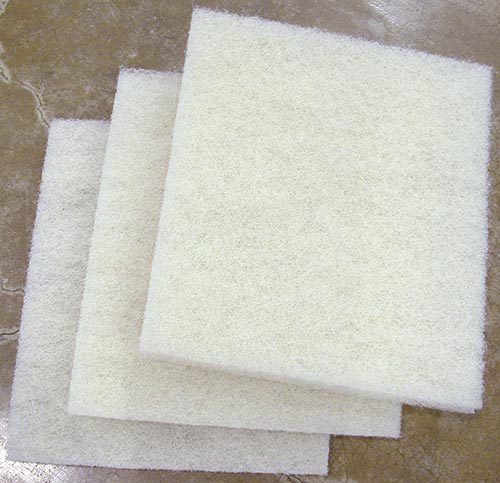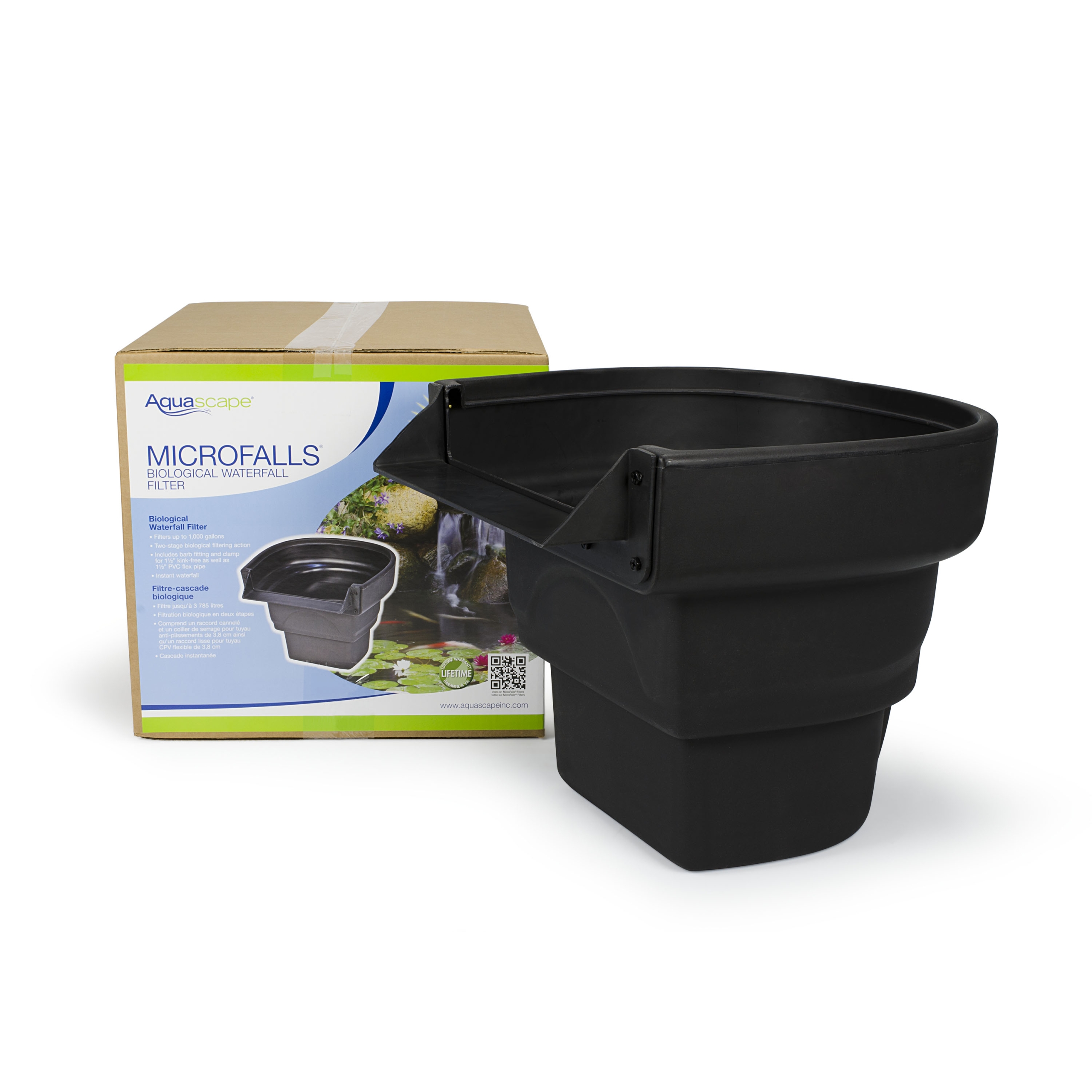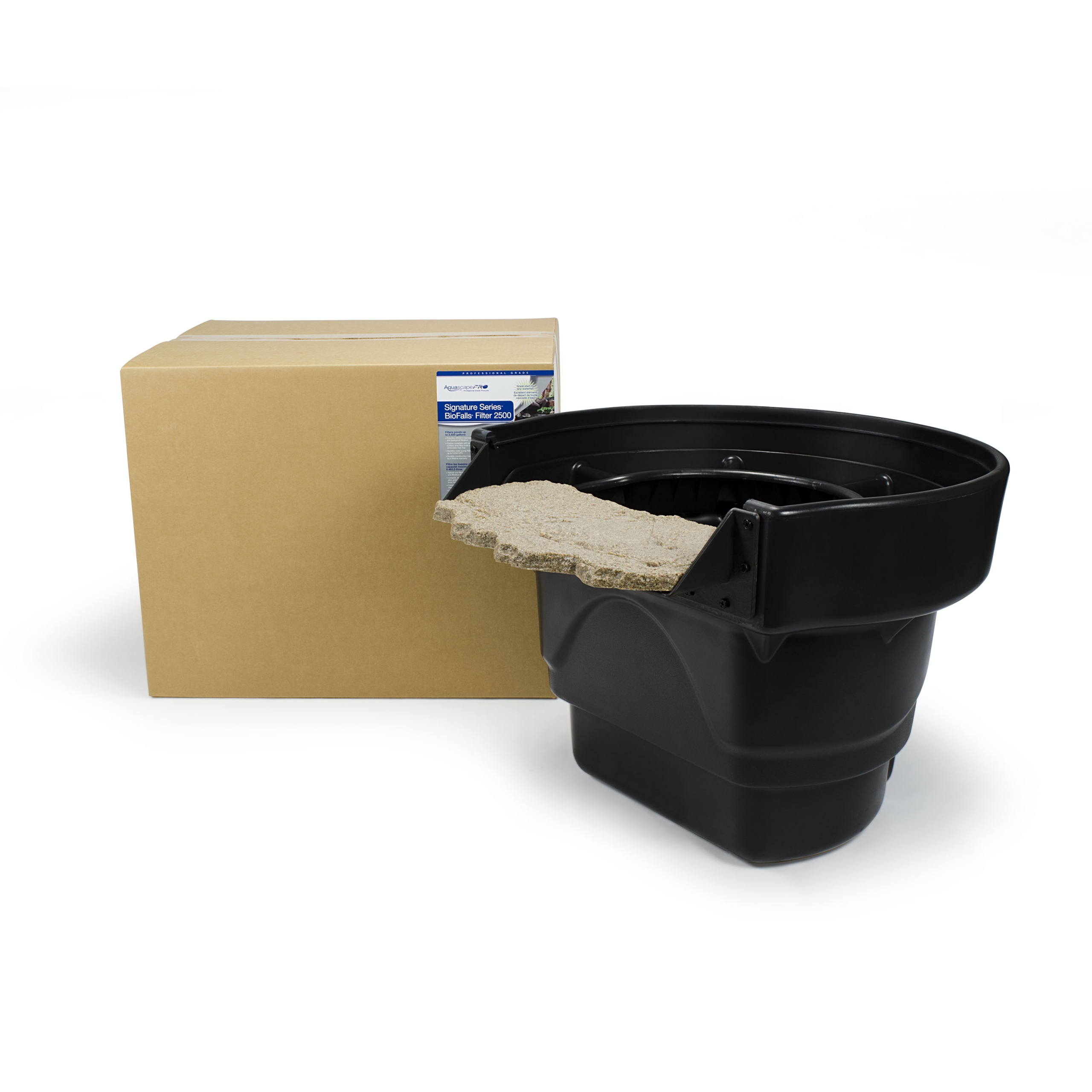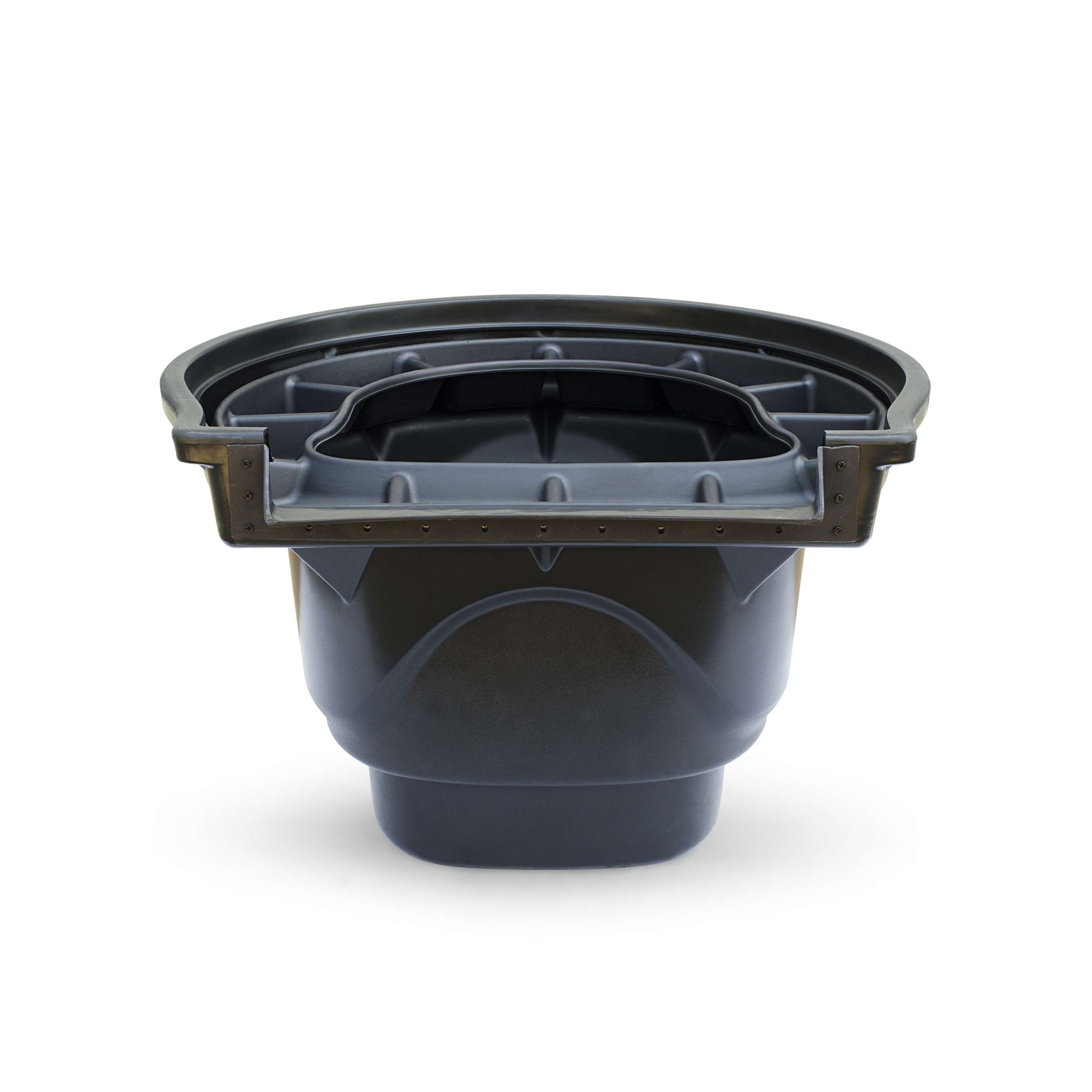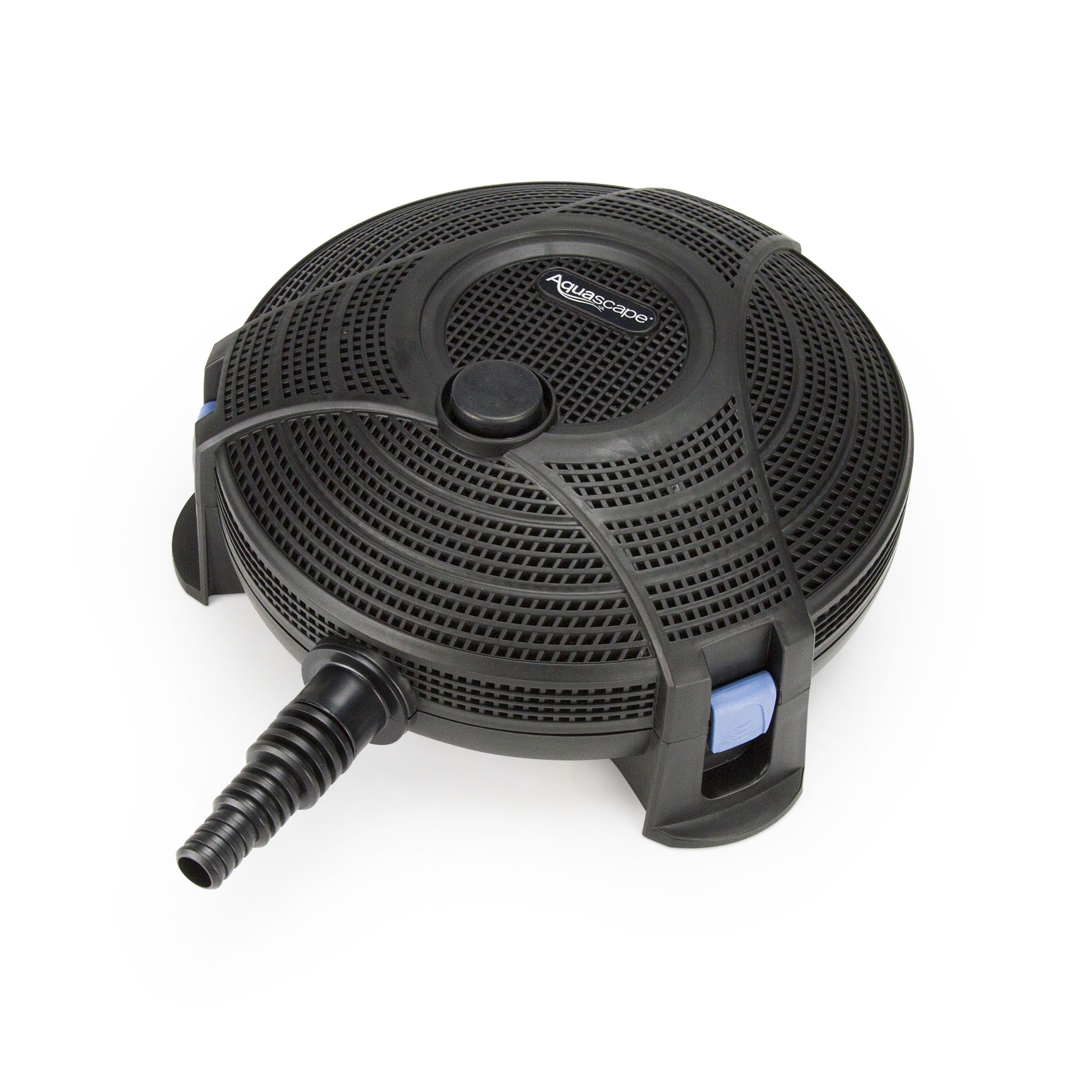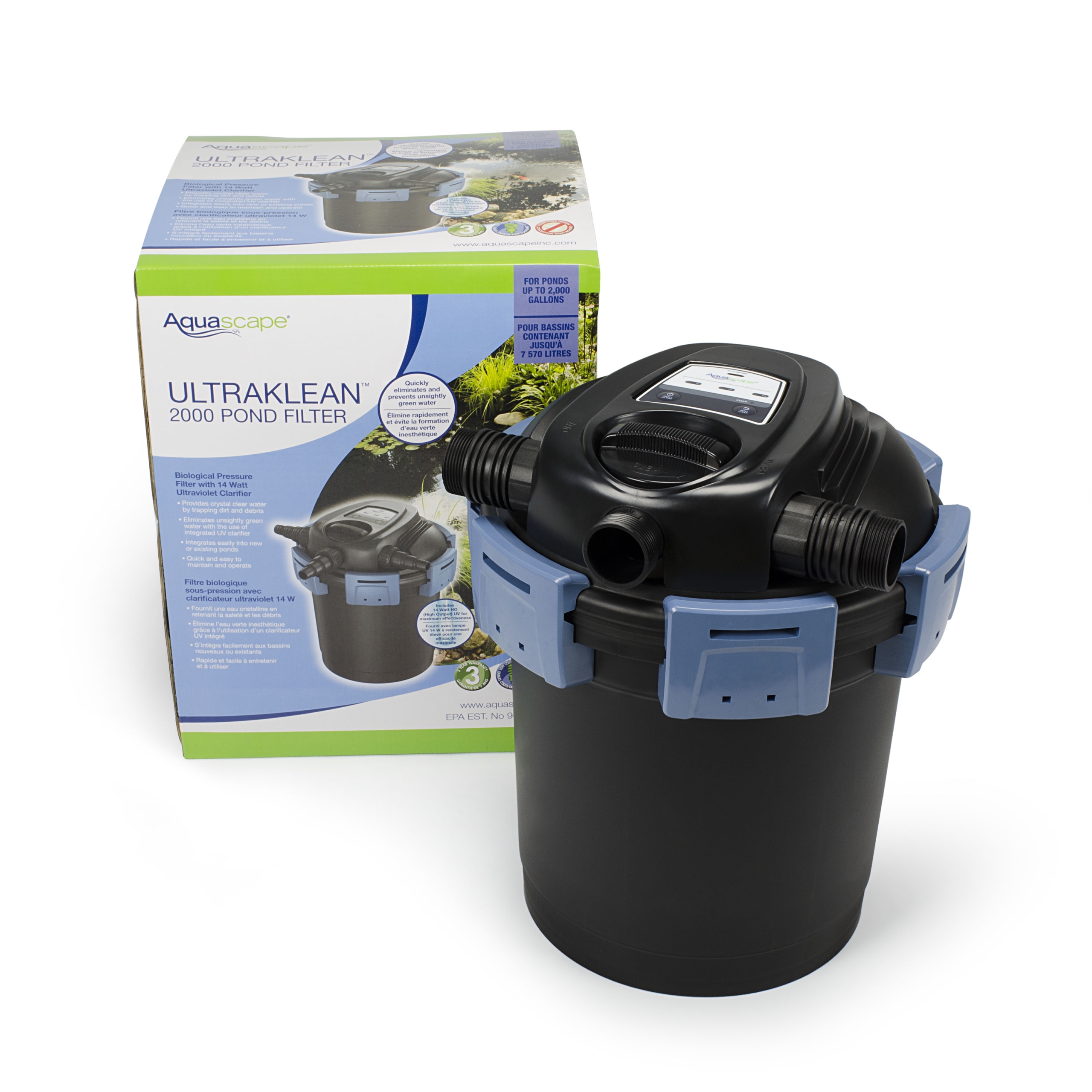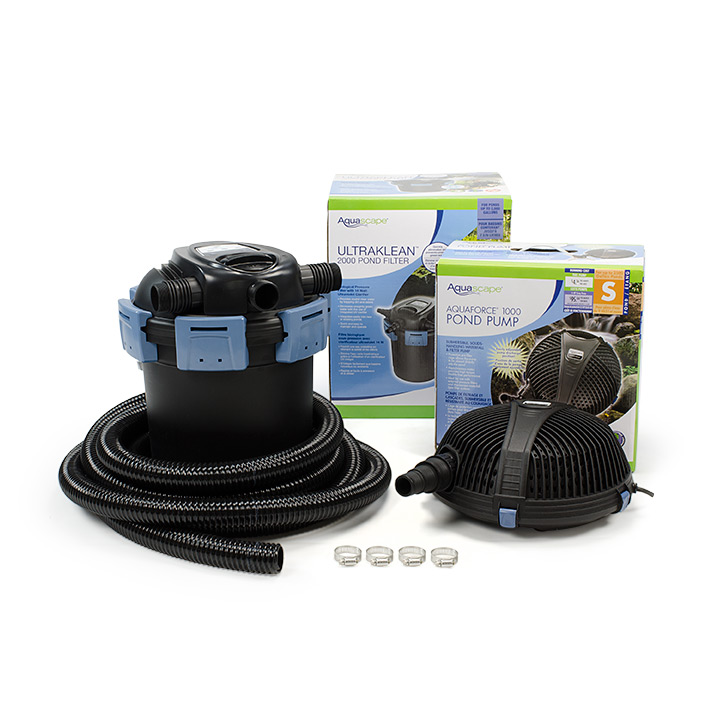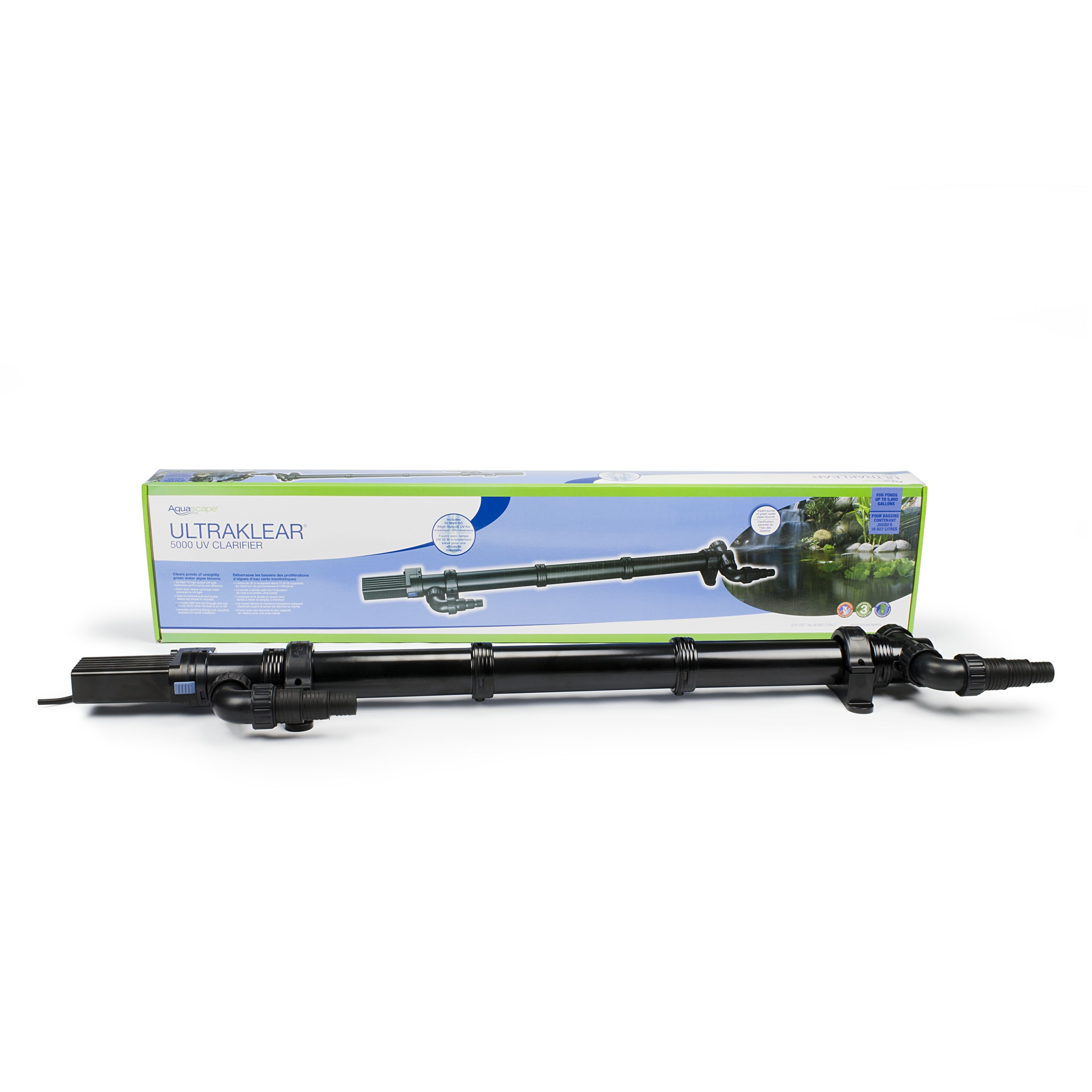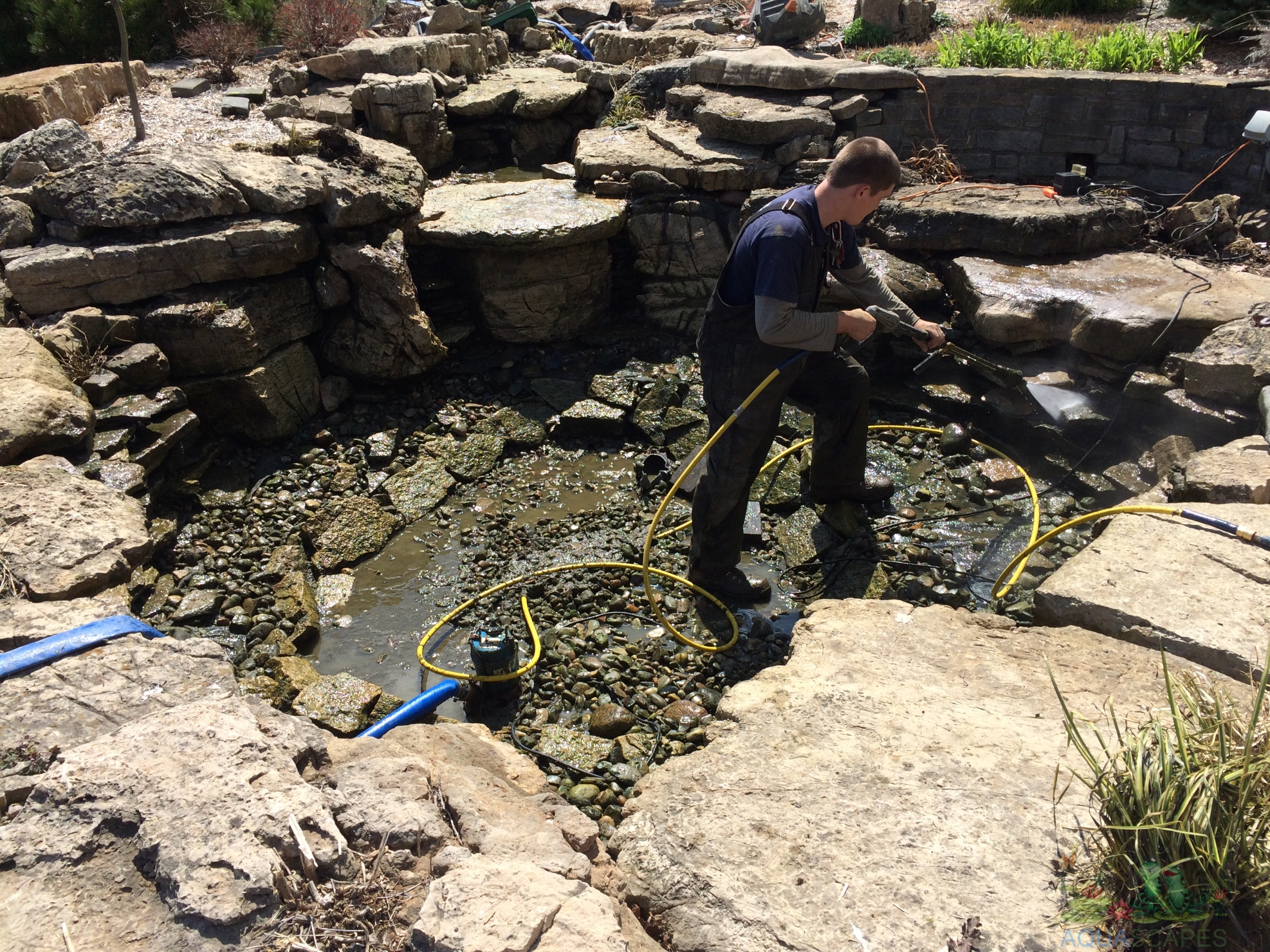Pond Filters, Mechanical Filters and Biofilters Guide
Many people talk about whether its actually necessary to filter a pond or water garden and a handful of people who even claim they simply just let their outdoor water feature simply “go natural” without any sort of human interaction. However, there’s one thing we need to remember. This is a man-made water feature, and it’s not a natural ecosystem. This tells us immediately that having some sort of filtration or at least aeration. Adding in filters helps keep the water clean of wastes that can cause stinky, nasty, or even toxic water to plants and humans.
Woah, so Filters Save me Money?
Yes! It saves you both time and money. Filters are worth having if only for one single reason; maintenance. Using a filter in your pond will help by cleaning water and reusing it and will help your pond stay clear so that the bottom of the pond is visible. Murky brown water is no fun! Let’s keep it clean. This saves you time during your maintenance (such as seasonal cleanouts) and money from having to buy new fish or plants, or simply paying someone to clean out your water garden when toxins start to build up.
Do I need a Water Filter if I have no fish?
Now if you decide you want to have a water feature that has only plants (no fish), you can get away with a small water filter, however, if you do decide to expand with fish, you will want to consider upgrading to a larger pump. A small pump will help the water from becoming stagnant which will help keeping any dead plants from accumulating as well.
How do I keep my Water Garden Clean?
The more fish you have, the more vital it is to have a filtration system that can handle the fish excrement. This helps keep the fish healthy, and again, the water visible and clear. Fish in water gardens also produce ammonia, which plants within the water garden also produce as they decay. With both of these together, we find that ammonia can quickly get out of control and kill the life within any water garden. This alone is just one reason to make sure that your aquascapes pond pump is the correct size for your water feature! These filters need to be changed and checked frequently to ensure they are still effectively filtering the pond. Fortunately some water filters can be washed, cleaned, and returned to the pond. The addition of a biological filter is honestly one of the best things available to water garden feature owners as it removes the toxin quickly and effectively without ever allowing it to build up.
What’s a Biofilter? Should I Use a Biofilter in my Waterscape?
Let’s take a look at biofilters. Biofilters are amazing as they create an environment for special bacteria that clean the water feature as well. As the pond water is pumped through the bio-filter, bacteria consume the ammonia and turn it into nitrates. These nitrites are also harmful to fish, so then other bacteria turns these nitrites into nitrates, which eventually becomes food for the various types of plants living throughout your pond.
Why Should I use Beneficial Bacteria?
Although these beneficial bacteria are all around inside your pond, they typically aren’t there in a high enough concentration to really clean the water reliability at all. If no bio-filtration is used, the fish will eventually die along with the plants within the pond. Remember, the fish need clean water rather than the toxic ammonia and nitrates within the pond.
What is Mechanical Filtration? Should I use it?
Mechanical filtration is also a possibility as it removes solid waste as well, but simply keeping the water clear of solids does not ensure the water is clear of ammonia or other deadly bacteria to your fish and plants. These bacteria are not able to be seen unless you pick up a water test kit and test the water. Most retailers do not carry this type of kit, so be sure you have one that tests both the ammonia and nitrite levels. Be sure to test your levels after you install your filtration system and after each pond filter cleaning session.
What’s the Ideal Pond Filter Setup?
First the water goes through the mechanical filter to remove solids before they enter into the biofilter, which then removes the ammonia and other harmful bacteria in your pond. One thing to remember is that these beneficial bacteria do not function at temperatures below fifty degrees, so running your biofilter through winter is entirely pointless. If you’re living in an area with low temperatures you may want to give us a call to help you set up the correct system for your water garden according to your average temperatures. Fish will be eating and producing less waste during the winter, so even though the biofilter wouldn’t work, you wouldn’t need it anyways.
When Do I Clean and Store My Pond Filter?
Once colder weather hits, you want to clean your biofilter, then store it until Spring. If you’re in a warmer climate, you could even leave it running year around, which it should be- if the temperatures are at the lowest around 50 degrees.
Your fish will begin to start eating again once these warmer temperatures hit, so you’ll want to pull out your water testing kit and check your water garden’s ammonia and nitrite levels. The nitrogen cycle on the generally takes about 4-6 weeks to create a strong presence in your pond, so use your kit multiple times to ensure your levels aren’t too high before your bacteria kick in.
What Filters are Available?
Filters for your water garden come in a wide variety of sizes, so you’ll want to talk to a consultant about figuring out exactly which filter you want. Remember, you can never have too large of a biofilter! When in doubt, go overboard. Your fish will thank you!
Your beneficial bacteria, combined with the correct sized pump and filters will ensure your pond is clean and clear through the warm months. There are many different kinds of filters to choose from, and even more pumps to further confuse you but have no fear, we are here! Give us a call at the number below and we’ll help you pick out exactly what you need for your feature and ensure you’re fully taken care of.

